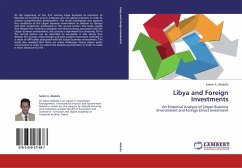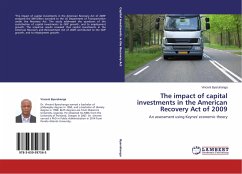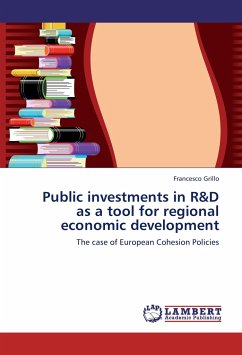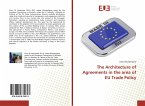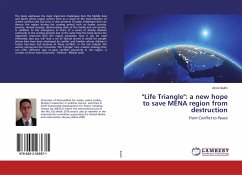At the beginning of the 21st century Libya declared its intention to liberalize its economy and to integrate into the global economy in order to achieve comprehensive development. This study investigates and explores the conditions of the Libyan business environment in relation to foreign and joint companies, particularly in the non-oil sectors. The study reveals that despite the numerous obstacles and shortcomings associated with the Libyan business environment, the country s experiment for attracting FDI in the non-oil sectors can be described as successful. It also shows that despite this success, many foreign and joint projects have been canceled as a result of difficulties associated with the Libyan business environment. The study also revealed that there are many challenges facing Libyan policy environment in order to reform the business environment in order to make it more attractive for FDI
Bitte wählen Sie Ihr Anliegen aus.
Rechnungen
Retourenschein anfordern
Bestellstatus
Storno

